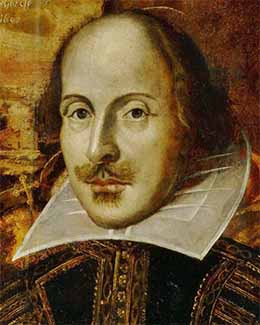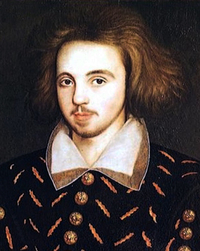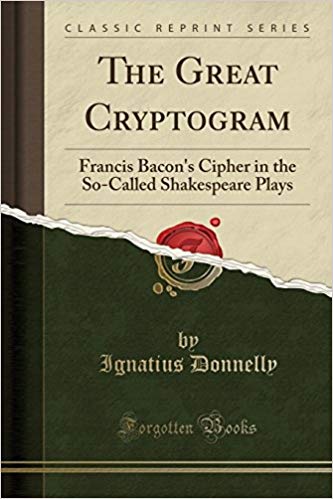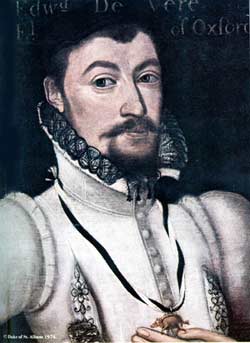Who Is William Shakespeare The Famous Playwright Poet ?
His True Identity Remains A Mystery

William Shakespeare is the greatest playwright poet and writer in history and is also the most read English author of all time, surpassing even the Queen of Mystery Agatha Christie. Between 1580 and 1613, William Shakespeare is said to have written 37 plays, taking an interest in both comedy and tragedy, as well as many poems, highly appreciated by sensitive souls. Among the most popular works of Shakespeare are Hamlet, Romeo and Juliet, The Night of the Kings, All's Well That Ends Well and Julius Caesar. He is so famous that people have started to use the peripheral The Language of Shakespeare to refer to the English language.


Who Is William Shakespeare ?
According to official documents, a certain William Shakespeare was born in 1564 in the city of Stratford-upon-Avon in England. Forced to leave school at a very young age, he would have worked as a butcher and as a schoolmaster for a while before marrying a woman named Anne Hathaway and leaving for London where he would become an actor.
Towards the end of the 18th century, a retired religious passionate about Shakespeare's work took a close look at the identity of the man whose hometown was only about ten kilometers away. Strangely, he was unable to find any trace of the famous poet in the vicinity of Stratford; neither stories, nor anecdotes, nor books which could've belonged to William Shakespeare. It was as if the writer had never set foot in Warwickshire, that he had never existed. The pastor concluded that Shakespeare was to be a pen name used by a very cultured man, no doubt an aristocrat.

Christopher Marlowe
Marlowe was a spy of the crown but also a contemporary playwright poet of William Shakespeare; he is frequently named as possibly the author of the Shakespearean work. Chronology is consistent, although Marlowe was murdered in a tavern quarrel in 1593 while Shakespeare would've produced pieces until 1613. Moreover, according to an Elizabethan theater specialist, the styles of the two authors are dissimilar. William Shakespeare's writings contain many libertine jokes, while those of Christopher Marlowe contain none.
Hidden cryptograms in Shakespeare's work

In his book Great Cryptogram: Francis Bacon's Cipher in the So-Called Shakespeare Plays published in 1887, amateur scientist Ignatius Donnelly supports the theory of anti-Stratfordians (which wants Shakespeare to be an alias) and claims that Francis Bacon, a big fan of cryptography, would've hidden in Shakespearian writings cryptograms proving his authorship of the work. After spending many years analyzing Shakespeare's texts, Donnelly finally believes he holds the key to the enigma in the following message: Seas-ill-said-more-low-or-shak-spur-never-wrot a-word-of-it which means Cecil said that Marlowe or Shakespeare never wrote a word of it. Since that time, many other anti-Stratfordians believers have tried in vain to find hidden codes in the works of William Shakespeare as well as several other famous writers.
Opposite people
But Francis Bacon's thesis is easily refuted by a simple examination of temperament. The author of Love's Labour's Lost and A Midsummer Night's Dream had to be a warm character while Francis Bacon was a cold calculator who aspired only to power.

The Earl of Oxford
In his book Shakespeare Identified, John Thomas Looney attempts to determine the identity of the poet by establishing his psychological profile. He concludes that Edward de Vere, also known as the 17th Earl of Oxford, was to be the one who signed his works under the pseudonym of William Shakespeare. His thesis was greatly ridiculed and is today categorically rejected by specialists in Shakespearian study. Since that time, Charlton Obgurn has revisited John Looney's theory in his book The Mysterious William Shakespeare but has not been any more convincing. Among other things, he fails to explain the chronology of certain pieces that would have been written after the death of the Earl of Oxford.









































































































































































































































































































































